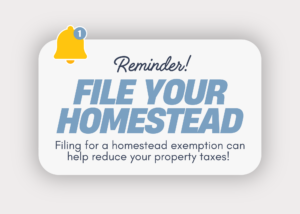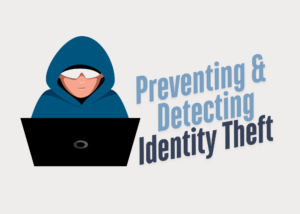If you’re buying your first home and have been pre-qualified by your lender, you probably know your monthly mortgage payment. A portion of this monthly payment typically includes escrows.
Some Mortgages Require Escrow, Some Do Not
Some loan programs require an escrow account while others allow the borrower to ‘waive’ this additional account. If the loan program you select requires it, your lender will establish the escrow account when you close your mortgage loan. This account is used to set funds aside on a monthly basis for expenses that accompany home ownership. These expenses are costly and need to be paid in one large lump sum, such as property taxes and homeowner’s insurance. The escrow account comes into play to help homeowner’s budget for these large annual expenses.
How It is Allotted
The estimated annual amount for these expenses is broken into twelve payments and added to your total monthly mortgage payment. Dividing these expenses into monthly installments protects you from coming out of pocket thousands of dollars for these payments annually. When it’s time to pay property taxes and insurance premiums each year, your lender will pay them for you with the money you’ve accumulated in your escrow account.
Keep in mind, escrow payments tend to change, as property tax and home insurance rates fluctuate. Therefore, you will see changes in your mortgage payment as the escrow account re-sets annually.
Every year, your lender will complete what is called an escrow analysis. This analysis determines how much money you’ll need in your account for the following year. In some instances, your lender may determine you’ve overpaid in your account and will issue a refund for the difference. Alternatively, they might also determine you underpaid and will divide that shortage by 12 months and add it to your mortgage payment.
Stay Informed
It is important to stay informed about your mortgage and escrow account, so you’ll understand what to expect every year. As a precaution, you could add additional money to your account for the year to ensure you don’t incur a shortage. You should speak to your lender for guidance to make an informed decision based on your financial situation.
As a reminder, most mortgages require escrow accounts; however, if you meet certain requirements you may be able to opt out. Ask your lender about your escrow options before you close on your loan.
Questions about the home buying process? Our home loan experts can help! Click here to meet our team.
Home Loan Programs for Veterans & Their Families
Why Choose a First Bank VA Loan? Our home loan programs for Veterans offer a range of benefits tailored to the unique needs of you and your family: 0% down payment required No monthly mortgage […]
Texas Homestead Exemption
Homestead Exemptions in Texas: Application Deadline and New Verification Law If you have a homestead exemption in Texas, a fairly new Texas law requires appraisal districts to audit your eligibility for the exemption at least […]
Identity Theft: Tips for Preventing and Detecting
Has someone used your info to open accounts, steal your tax refund or file fake claims? That’s identity theft. It can happen to anyone, but a few simple steps can help protect you. In recognition […]



